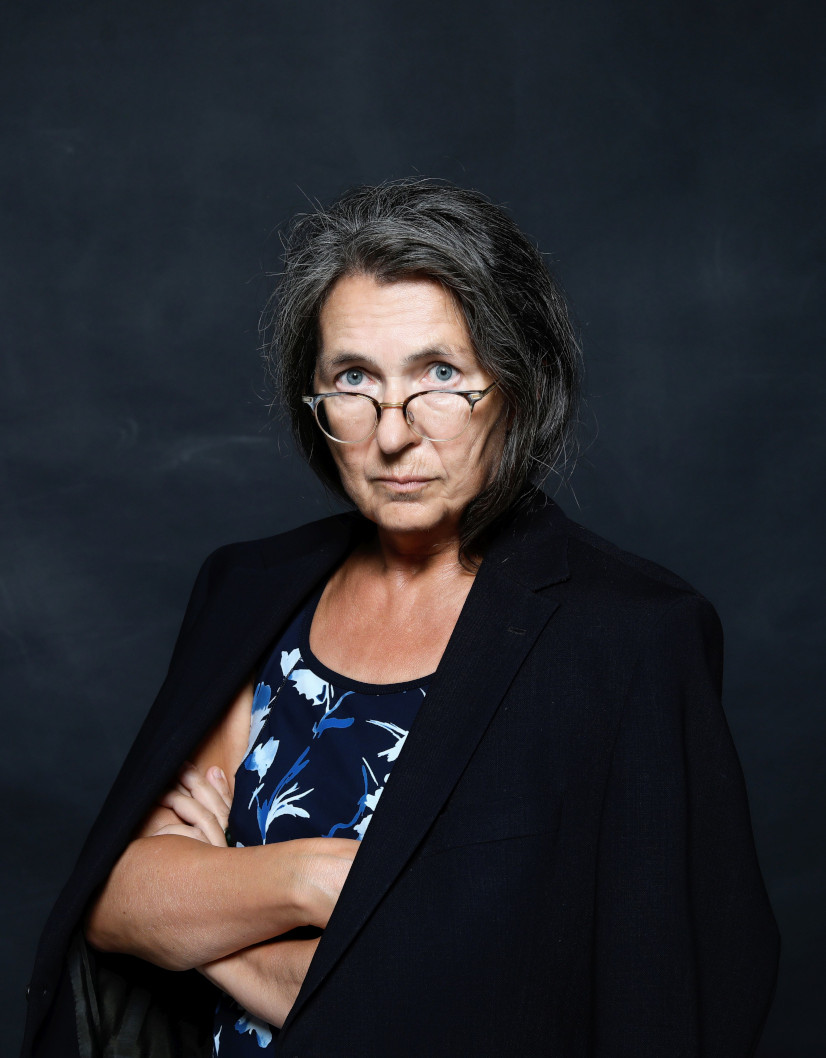
Joanna Tokarska-Bakir, Dr. habil.
Professor of Humanities
Institute of Slavic Studies at the Polish Academy of Sciences, Warschau
from February to July 2025
Born in 1958 in Warsaw
M.A. in Ethnology and Dr. in Ethnology from the University of Warsaw
Arbeitsvorhaben
Towards a Pogrom Model Kit. The Case of Brzesko 1918
My current work in progress is a trilogy on the major Polish postwar pogroms, covered in reverse order: starting from the last one in Kielce (July 4, 1946), then on to Kraków (August 11, 1945), then to the earliest pogrom in Rzeszów (June 12, 1945). My first book, Cursed: A Social Portrait of the Kielce Pogrom, was published in English by Cornell University Press in 2023. My second book, Rough Music: A Polyphonic History of the Kraków Pogrom, will be out in Polish this June. The third book will deal with the Rzeszów Pogrom of June 1945, and I am now preparing to embark on this task.In order to approach my objective with fresh eyes, I have decided to turn to the Brzesko pogrom of 1918, comparing its plot and the resultant trial with the parallel aspects of the aftermath of the Holocaust. How were pogroms treated under the imperial Austrian system in comparison with Communist times? What patterns can be distinguished in the behavior of a minority group? What impact did the verdicts reached in this trial have on the turbulent anti-Jewish sentiment that accompanied Poland’s regained independence?
While working on my books, I have made numerous requests at Poland’s Institute of National Remembrance (and cross-checked with other archival resources) to view files concerning specific people. These inquiries pertained not only to the victims, but to every single Communist militiaman, railway security guard, Secret Police functionary, and soldier of the Polish Army whose names feature in the investigation that was launched following the pogrom.
My approach is premised on the methodological assumptions akin to the prosopographic method of Lewis Namier, who, while exploring the collective biography of the English political elite of the 18th century, was able to prove that it was guided by their own interest, constituency, or faction, while the declared ideology of their parties was largely a fiction.
Recommended Reading
Tokarska-Bakir, Joanna. Pogrom Cries: Essays on Polish-Jewish History, 1939–1946. Translated by Blanka Zahorjanova, Avner Greenberg, Paul Vickers, and others. Berlin: Peter Lang, 2017.
–. Jewish Fugitives in the Polish Countryside, 1939–1945: Beyond the German Holocaust Project. Translated by Yecheskiel Anis, Ewa Gedroyc, Nicholas Hodge, Jerzy Juruś, Jessica Taylor-Kucia, Benjamin Voelkel. Berlin: Peter Lang, 2022.
–. Cursed: A Social Portrait of the Kielce Pogrom. Translated by Ewa Wampuszyc. Ithaca, NY: Cornell University Press, 2023.
Publikationen aus der Fellowbibliothek
Tokarska-Bakir, Joanna (Ithaca, 2023)
Cursed : a social portrait of the Kielce pogrom Pod klątwą
Tokarska-Bakir, Joanna (Berlin, 2022)
Jewish fugitives in the Polish countryside, 1939–1945 : beyond the German Holocaust Project Eastern European culture, politics and societies ; 18
Tokarska-Bakir, Joanna (Frankfurt am Main, 2017)
Pogrom cries : essays on Polish-Jewish history, 1939-1946 Okrzyki pogromowe
